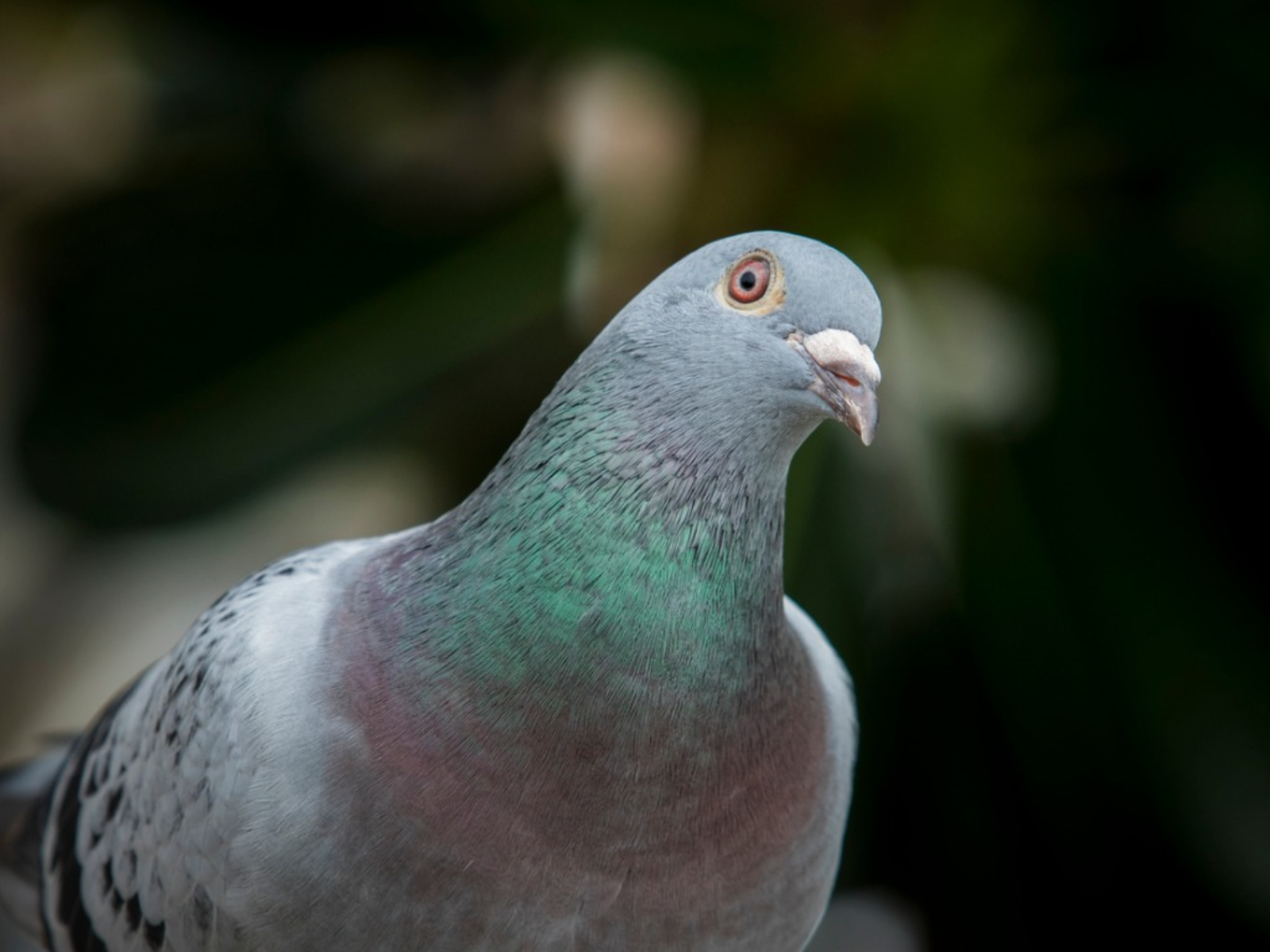

Bird pest control is essential for preventing the spread of diseases. In addition to damaging crops and finished surfaces, their droppings can harbor bacteria and parasites. This makes them a serious problem. Luckily, there are many effective ways to get rid of birds. These methods include netting, spikes, gels, and liquids.
Bird droppings carry parasites and bacteria
The droppings of nuisance birds are a major concern because they carry bacteria and parasites that can affect people. In addition, their droppings can end up on your food and water supply. To prevent further infection, wear protective clothing when cleaning bird droppings. Several kinds of disease-causing bacteria and parasites have been found in bird droppings.
Several diseases can be transmitted to humans by bird droppings, including Histoplasmosis and Cryptococcosis. In addition, accidental ingestion of bird feces can cause gastroenteritis. Because of the risk of infection, birds should not be allowed in food-handling areas of grocery stores and other retail establishments. In some places, even one infected bird can shut down a food facility. People should also practice good hand washing to avoid contacting these feces.
They can damage finished surfaces
Bird pests are a major nuisance and can cause a large amount of damage to finished surfaces and structures. Their droppings are extremely acidic and can eat away at paint and other building materials. In addition to this, their nests can also cause issues with ventilation and mould. Not to mention the potential for fires, especially in chimneys. Bird pests are also a nuisance to humans and pets.
Getting rid of bird pests can be tricky, but it’s definitely possible to protect your finished surfaces. Bird pest control specialists can help you determine whether your project is susceptible to pest bird infestations and take appropriate deterrent measures. Whether your project is large or small, it’s important to get rid of these pesky pests before they cause significant damage to your structure.
They can contaminate livestock food
Bird pests can be particularly problematic for livestock producers, as their faecal matter can contaminate stored feed and cause disease. Birds are omnivorous, and the faeces of wild birds and rodents are a major source of pathogens associated with livestock diseases. In one study, feed stored on four farms in east Scotland was monitored monthly for two years. The researchers found that, on average, 79.9 rodent (95% confidence interval: 37.5-165) and 24.9 bird faeces (25.9%) were deposited in each m2 of stored feed over the winter. In this way, individual cattle and sheep may come into contact with as much as 814 and 1626 faeces per day during the winter, respectively.
Birds are also an important part of our ecosystems, recycling nutrients from the soil and providing important pest control for crops and livestock. However, due to habitat loss and pesticide use, bird populations are declining. Therefore, managing and protecting their populations is essential. One of the best ways to deal with bird problems is to implement integrated pest management, a process of integrating pest management and wildlife management. This method will enable farmers to properly manage the population of birds in a farming operation.
They can damage crops
Birds can cause substantial crop damage, and controlling them is critical for successful farming. The best way to control birds is to understand the biology of the pests and how they interact with the environment. For instance, you should consider the time of year and the maturity of the crop, as these factors may affect the frequency of infestations. You should also focus control efforts on high-risk areas.
Crop damage can be caused by a variety of bird species, including crows and magpies. Corvids, such as hooded crows (Corvus cornix) and magpies (Pica pica), are the most common taxa responsible for maize damage. In addition, semi-domestic pigeons can sometimes damage crops.
They can attract insects and other pests
Insects are a favorite meal for many birds, but you might have no idea that birds can attract pests. Insect-eating birds can be helpful in a number of ways. They eat small insects, including mosquitoes and flies, and they can deter pests in a number of ways. To attract these pest-controlling birds, try creating habitats where these birds can feed.
Insects cause damage to plants and gardens. Birds can control insect damage by eating garden pests. Try to attract insect-eating birds to your garden by planting flowers and adding structures. Not only will you get beautiful birds, you’ll also get rid of pesky garden pests.
